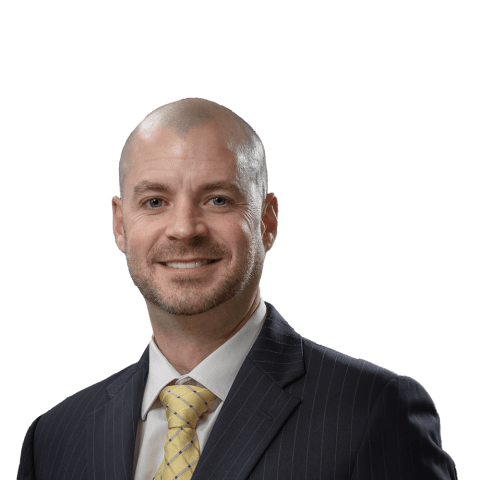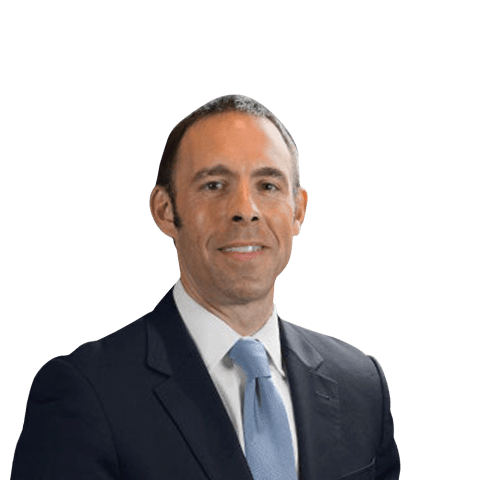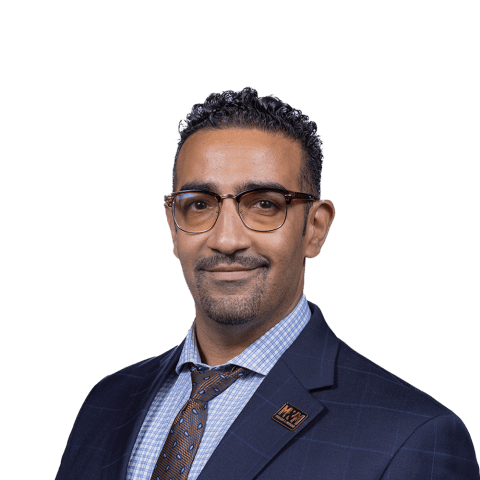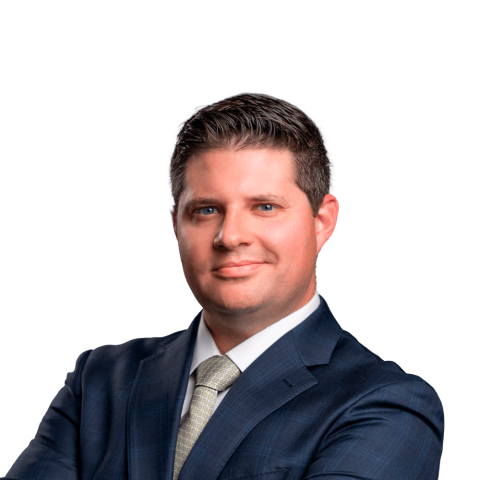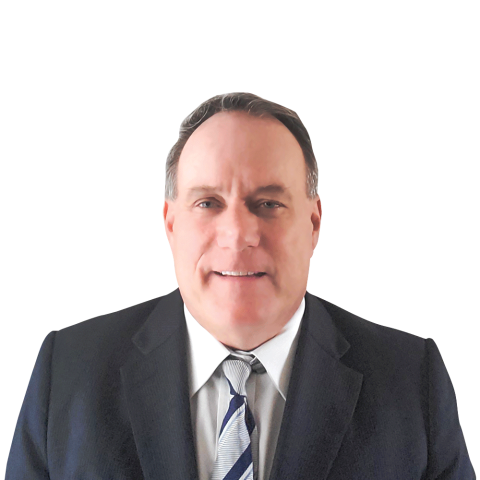Results may vary depending on your particular facts and legal circumstances. The attorney featured above is licensed in Florida. For a full list of attorneys in your state please visit our attorney page.
Nursing Home Abuse Lawyer in New York City
Nursing home abuse causes deep emotional and physical harm. We fight for justice and accountability.
Results may vary depending on your particular facts and legal circumstances. The attorney featured above is licensed in Florida. For a full list of attorneys in your state please visit our attorney page.
New York Personal Injury Lawyers
We’re proud to fight for our neighbors. Meet the attorneys from your community.
100,000+ Five Star Reviews
The reasons why clients trust Morgan & Morgan.
Based on select nationwide reviews.
Results may vary depending on your particular facts and legal circumstances.
Our Results
Results may vary depending on your particular facts and legal circumstances.
How It Works
Focus on your recovery. We'll take care of the rest.

Submit your free evaluation
Start your claim

Meet your legal team

We fight for more
Results may vary depending on your particular facts and legal circumstances. The attorneys shown in these photos may not be licensed in your state. To find an attorney licensed in your area, please visit our attorney page.
Local Care
Backed by America’s Largest Injury Law Firm.
$25 Billion
Recovered for clients
nationwide700,000+
Clients and families
served1,000+
Attorneys across
the country1
Click may change your life
The attorney featured above is licensed in Florida. For a full list of attorneys in your state please visit our attorney page.
Results may vary depending on your particular facts and legal circumstances.
Learn More
Injured and not sure what to do next? We'll guide you through everything you need to know.
Get answers to commonly asked questions about our legal services and learn how we may assist you with your case.
Common Signs of Nursing Home Abuse
It is important to understand and notice signs of elder abuse, because it’s a more common occurrence than people care to admit. A recent study found that in a one-year span from 2008-09, 76 out of every 1,000 older New Yorker had been reported as victims of elder abuse. And incidents of elder abuse around the country are only growing in number each year.
Nursing home abuse can be a difficult thing to pinpoint at first glance. Many elderly relatives have difficulties communicating due to a variety of diseases and conditions. Furthermore, loved ones can often experience injuries under normal conditions without any wrongdoing.
While these signs may not always indicate nursing home abuse or neglect, New York residents who observe them should consider investigating further. These signs include:
- Bedsores;
- Unexplained and recurring bruises;
- Dehydration or malnutrition;
- Consistently poor hygiene;
- Extreme fear or anxiety;
- Unexplained infections; and
- Unexplained injuries.
How Can an Elder Abuse Attorney Help Me?
It’s important to know that you have rights and options if your loved one is the victim of abuse. Laws have been put in place that allow you to report physical, emotional, and financial abuse if you have reasonable cause to believe abuse is happening. Having an elder abuse attorney can be extremely helpful for those who know of the abuse but don’t know the proper steps to take.
In some cases, your attorney may notify local, state, or federal authorities so that they can conduct their own investigations. If criminal charges are filed against the nursing home or a member of its staff, your attorney can work with the authorities to make sure they have all necessary information to prosecute the nursing home.
Next, your elder abuse attorney can evaluate the facts of your case and determine if a claim should be filed against the nursing home. If so, the attorney may be able to seek compensation for the harm caused to your loved one.
In addition, in cases involving particularly egregious conduct, the attorney may seek punitive damages, which are designed to punish the facility and discourage other nursing homes from engaging in similar types of misconduct. In cases involving negligent care or physical abuse, your attorney may evaluate the resident’s medical records and work with a medical expert to analyze the extent of the abuse that occurred at the nursing home.
Morgan & Morgan New York, PLLC May be Able to Help
Many nursing homes in New York are owned by large corporations that operate hundreds of facilities throughout the country. These corporations have the resources to hire large teams of high-paid attorneys to defend negligence and elder abuse lawsuits.
Fortunately, Morgan & Morgan has the resources to go toe to toe with these high-paid attorneys, and we believe in providing our quality legal services regardless of income. We work on a contingency-fee basis. That means if we don’t win your case, you don’t pay.
You or your elderly loved one deserve to feel safe in their old age. If someone in a position of power is abusing them, Morgan & Morgan may be able to put an end to it, and get your loved one the compensation they need. To learn more, complete our free, no-obligation case evaluation form.




